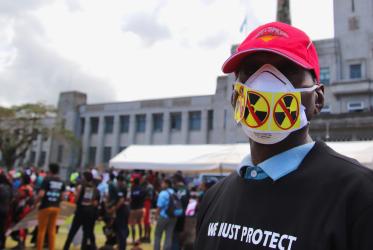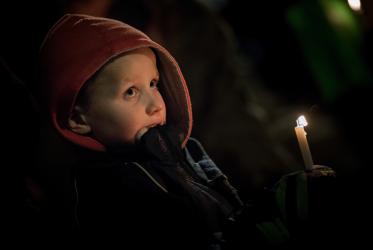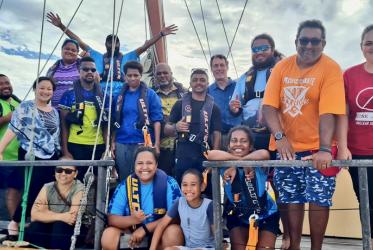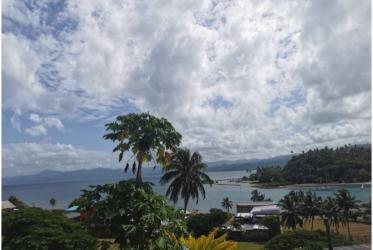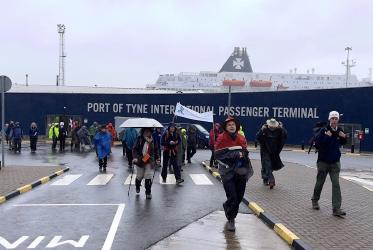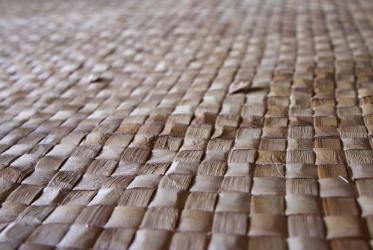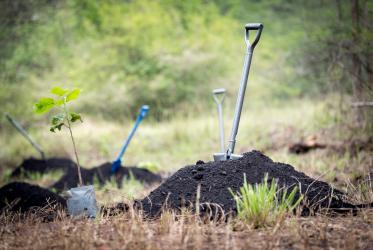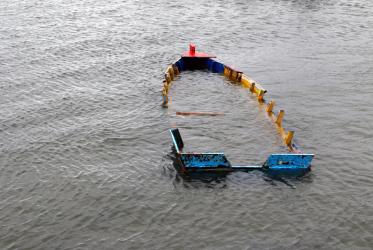Displaying 1 - 20 of 75
29 August 2023
Pacific Theological College publishes “A COVID-19 Wellbeing Statement”
03 September 2021
Webinar brings Pacific voices for a new creation
10 February 2021
Applications open for WCC Eco-School
22 October 2020
Kirche sollten ihre Stimme gegen den Klimawandel erheben
26 February 2020
Churches should use their voice on climate change
26 February 2020
Las iglesias deben usar su voz sobre el cambio climático
26 February 2020
ÖRK-Generalsekretär: „Liebe weist den Weg zu Veränderungen“
13 February 2020
WCC general secretary: “Love opens the way to change”
13 February 2020
